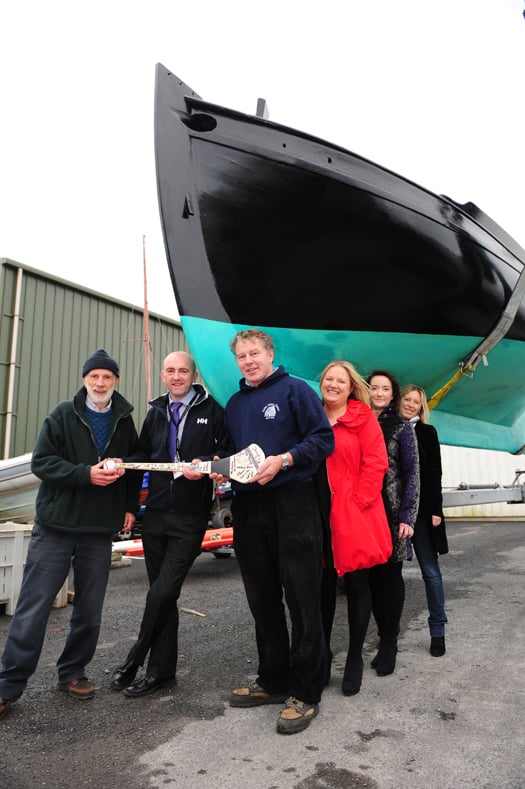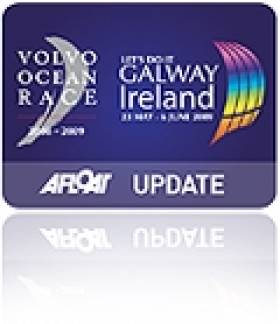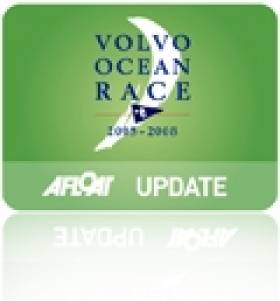Displaying items by tag: dhow
Volvo Ocean Race Brings Galway and Abu Dhabi Closer Together
#VOLVO OCEAN RACE - A golden dhow presented to the city of Galway by the Abu Dhabi Sailing and Yacht Club marks the new connection between these host ports of the 2011-2012 Volvo Ocean Race.
The Galway Advertiser reports on the Galway-Abu Dhabi Maritime Cultural Exchange initiative, which has already seen a Galway hooker race against traditional Arabian dhows in the Persian Gulf.
Both cities have been "engaged for many years with restoration of traditional boats and revival of sailing skills," says the paper.
Their co-operation is being seen as a model for using sailing as a catalyst to bring different cultures together. And the gesture will be reciprocated when Galway hosts the race finale this July, as six dhows and 60 Emirati crew will be hosted in the city for an exhibition race against a fleet of Galway hookers.
Meanwhile, Galway's Tidy Towns committee is determined to make the city look its best in time for the race's arrival.
The City of the Tribes scored well in 2011 after a long absence, but is looking to take things a step further for 2012.
Interested volunteers can contact the Galway Volunteer Centre, Mill Street at 091 539 930.
Galway Hooker En Route to Abu Dhabi in VOR Cultural Exchange
A traditional Irish sailing boat is on the way to Abu Dhabi in a cultural exchange that will also see six Arabian dhows in Galway for the finish of the Volvo Ocean Race next summer.
The National reports that the near-century-old Galway hooker Nora Bheag is being transported to the United Arab Emirates as part of a Maritime Heritage Cultural Exchange initiative, co-ordinated by Irish expat Peter Vine. (Track its progress at marinetraffic.com.)

On her way: Nora Bheag heads for Abu Dhabi. Photo: Boyd Challenger
According to the Galway Independent, the boat is currently en route to Rotterdam in a container loaded with a small curach named Noa.
Plans to include turf and bottles of poitin were abandoned, however, due to customs concerns - instead two hurleys and a sliotar will make the trip.
Nora Bheag is expected to reach port by early December ahead of the Volvo Ocean Race fleet which arrives on 1 January, marking the first time the city has hosted and taken part in the race.
Vine says he came up with the idea of the boat swap because of the two countries' shared maritime heritage.
There are many similarities between hookers and dhows, too, from their comparable sail shapes to their usage for fishing and personal transport.
"This will be a huge common shared experience that will build true friendships and a real cultural exchange," said Vine. "I am hugely grateful to Emirates Heritage Club, which has done so much to revive Arabian dhows, for making such a project possible."
The National has more on the story HERE.
Meanwhile a delegation from Galway is set to travel to Spain later this week for the launch of the Volvo Ocean Race.
A week of events begins this Saturday ahead of the start of the race proper on 5 November in Alicante.































































